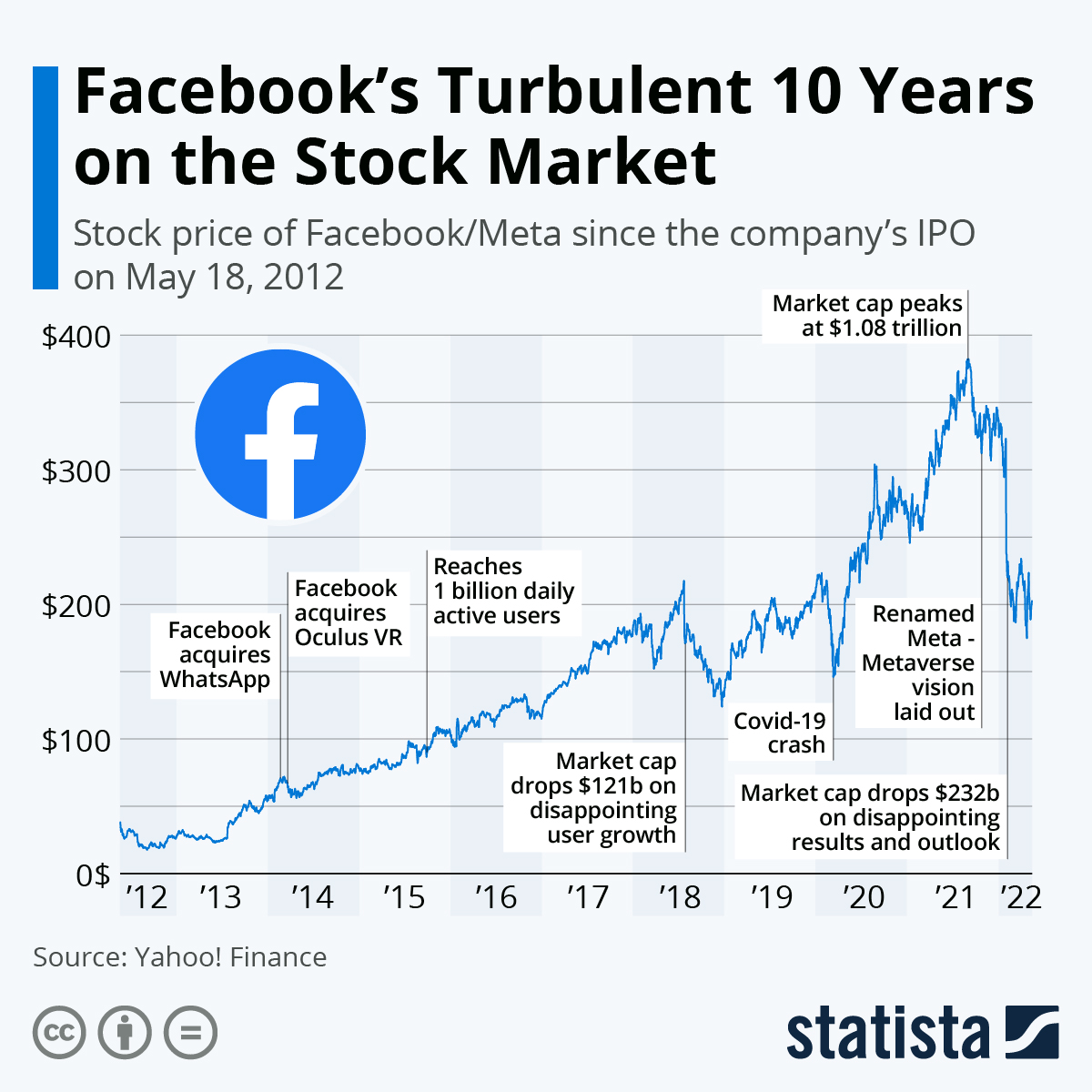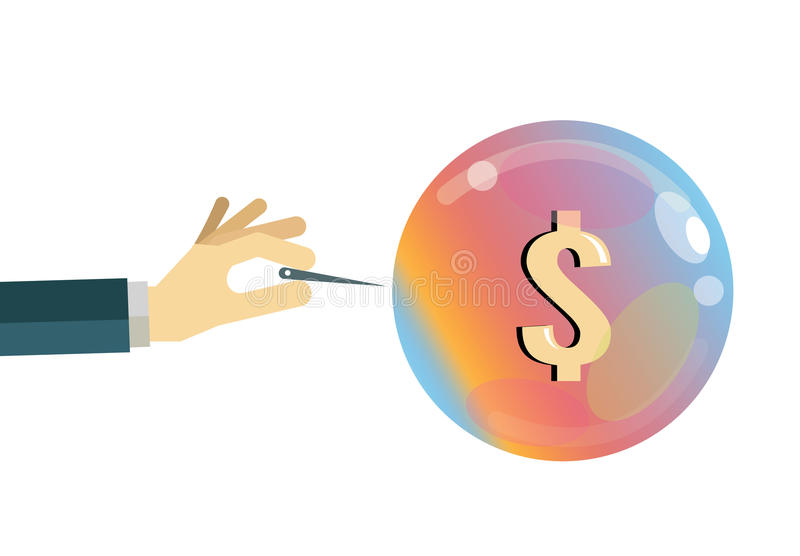
Dow Jones stocks are a great option for anyone who is interested in investing their money in the stock exchange. This stock index, which is among the oldest in existence, is used often to measure the U.S. economic state. This index has a lot of weight, and changes in this index can have a wide impact on financial markets around the world.
Price-weighted Index
A price-weighted indicator is used to track stock market changes. The Dow Jones index ranks companies according to their stock prices. The higher the price of a stock, the larger its weight. An index that is price-weighted cannot accurately measure growth and decrease. It favors high-priced stocks.
Although the Dow Jones price-weighted Index is not widely used as its value is not dependent on market change, investors may find it useful in tracking average stock prices. The index is based on stock price and will show a greater impact on overall performance.

Comprised from publicly traded companies
The Dow Jones index consists of stocks belonging to different companies. The Dow is an index that includes stocks from various companies. They are chosen based their financial performance. The Dow currently favors technology and healthcare businesses. Chevron is also included in the Dow. The Dow index is composed of 30 different companies and it can either represent the entire market or a specific industry.
The Dow Jones index is a price-weighted index, unlike the S&P 500 or Nasdaq index, which is based on market capitalization. This means that if a company's prices rise, the index will follow suit.
Recognized companies
The Dow Jones index consists of a number of stocks that include some of the most prominent companies in the world. These stocks can be a reliable investment option in times of turmoil. These stocks are strong candidates for long-term investments because they are leaders in their industry and have strong balance sheet. Here are some of the best stocks that are part of the index.
The Dow Jones is a popular gauge of the direction the stock market is heading. It tracks the performance 30 large, publicly traded companies. The better the index, it indicates that the market overall is performing well. Also, stocks that fall in the index will lose most of their money.

Market leaders
The Dow Jones Leading Market Positions Index - a price-weighted index which measures large companies' performance in various sectors - is the Dow Jones Leading Market Positions Index. The Dow companies are well-known, mature, and well-respected companies with top market positions. Nearly all Dow companies have mega-cap stock. They can also be found in a variety sectors, which makes them very diverse.
Bond analysts often favor this option.
Dow Jones stocks are a low-risk investment option for investors looking to reduce their risk. This index covers 30 of the largest U.S. businesses and favors stocks with large capitalization. The S&P 500 doesn't include Dow stocks, and it includes companies of all sizes.
The Dow Jones Industrial Average is smaller than the S&P 500 and comprises 30 stocks, excluding utilities and transportations. The criteria for inclusion are market capitalization, good reputation and sustained growth. Additionally, the index includes only non-transportation companies.
FAQ
What is a mutual funds?
Mutual funds can be described as pools of money that invest in securities. They allow diversification to ensure that all types are represented in the pool. This reduces the risk.
Managers who oversee mutual funds' investment decisions are professionals. Some funds also allow investors to manage their own portfolios.
Because they are less complicated and more risky, mutual funds are preferred to individual stocks.
What are the advantages of investing through a mutual fund?
-
Low cost - buying shares directly from a company is expensive. A mutual fund can be cheaper than buying shares directly.
-
Diversification – Most mutual funds are made up of a number of securities. One type of security will lose value while others will increase in value.
-
Professional management - professional managers make sure that the fund invests only in those securities that are appropriate for its objectives.
-
Liquidity is a mutual fund that gives you quick access to cash. You can withdraw your money at any time.
-
Tax efficiency – mutual funds are tax efficient. So, your capital gains and losses are not a concern until you sell the shares.
-
Purchase and sale of shares come with no transaction charges or commissions.
-
Mutual funds can be used easily - they are very easy to invest. All you need to start a mutual fund is a bank account.
-
Flexibility: You can easily change your holdings without incurring additional charges.
-
Access to information- You can find out all about the fund and what it is doing.
-
Investment advice - you can ask questions and get answers from the fund manager.
-
Security - You know exactly what type of security you have.
-
You can take control of the fund's investment decisions.
-
Portfolio tracking: You can track your portfolio's performance over time.
-
Easy withdrawal - it is easy to withdraw funds.
There are some disadvantages to investing in mutual funds
-
Limited selection - A mutual fund may not offer every investment opportunity.
-
High expense ratio. The expenses associated with owning mutual fund shares include brokerage fees, administrative costs, and operating charges. These expenses can impact your return.
-
Lack of liquidity - many mutual fund do not accept deposits. They must be bought using cash. This limits your investment options.
-
Poor customer service: There is no single point of contact for mutual fund customers who have problems. Instead, you must deal with the fund's salespeople, brokers, and administrators.
-
Ridiculous - If the fund is insolvent, you may lose everything.
What is the difference in the stock and securities markets?
The entire list of companies listed on a stock exchange to trade shares is known as the securities market. This includes stocks and bonds, options and futures contracts as well as other financial instruments. Stock markets are usually divided into two categories: primary and secondary. The NYSE (New York Stock Exchange), and NASDAQ (National Association of Securities Dealers Automated Quotations) are examples of large stock markets. Secondary stock markets allow investors to trade privately on smaller exchanges. These include OTC Bulletin Board, Pink Sheets and Nasdaq SmallCap market.
Stock markets are important because they provide a place where people can buy and sell shares of businesses. The value of shares depends on their price. Public companies issue new shares. Dividends are received by investors who purchase newly issued shares. Dividends are payments made to shareholders by a corporation.
In addition to providing a place for buyers and sellers, stock markets also serve as a tool for corporate governance. Boards of directors are elected by shareholders to oversee management. Boards ensure that managers use ethical business practices. If a board fails to perform this function, the government may step in and replace the board.
What is the role of the Securities and Exchange Commission?
SEC regulates the securities exchanges and broker-dealers as well as investment companies involved in the distribution securities. It also enforces federal securities law.
Statistics
- Ratchet down that 10% if you don't yet have a healthy emergency fund and 10% to 15% of your income funneled into a retirement savings account. (nerdwallet.com)
- Individuals with very limited financial experience are either terrified by horror stories of average investors losing 50% of their portfolio value or are beguiled by "hot tips" that bear the promise of huge rewards but seldom pay off. (investopedia.com)
- The S&P 500 has grown about 10.5% per year since its establishment in the 1920s. (investopedia.com)
- For instance, an individual or entity that owns 100,000 shares of a company with one million outstanding shares would have a 10% ownership stake. (investopedia.com)
External Links
How To
How to trade in the Stock Market
Stock trading refers to the act of buying and selling stocks or bonds, commodities, currencies, derivatives, and other securities. The word "trading" comes from the French term traiteur (someone who buys and sells). Traders trade securities to make money. They do this by buying and selling them. This is the oldest form of financial investment.
There are many ways you can invest in the stock exchange. There are three basic types of investing: passive, active, and hybrid. Passive investors do nothing except watch their investments grow while actively traded investors try to pick winning companies and profit from them. Hybrid investors use a combination of these two approaches.
Index funds that track broad indexes such as the Dow Jones Industrial Average or S&P 500 are passive investments. This approach is very popular because it allows you to reap the benefits of diversification without having to deal directly with the risk involved. Just sit back and allow your investments to work for you.
Active investing is the act of picking companies to invest in and then analyzing their performance. Active investors look at earnings growth, return-on-equity, debt ratios P/E ratios cash flow, book price, dividend payout, management team, history of share prices, etc. They then decide whether they will buy shares or not. They will purchase shares if they believe the company is undervalued and wait for the price to rise. On the other hand, if they think the company is overvalued, they will wait until the price drops before purchasing the stock.
Hybrid investing blends elements of both active and passive investing. Hybrid investing is a combination of active and passive investing. You may choose to track multiple stocks in a fund, but you want to also select several companies. You would then put a portion of your portfolio in a passively managed fund, and another part in a group of actively managed funds.